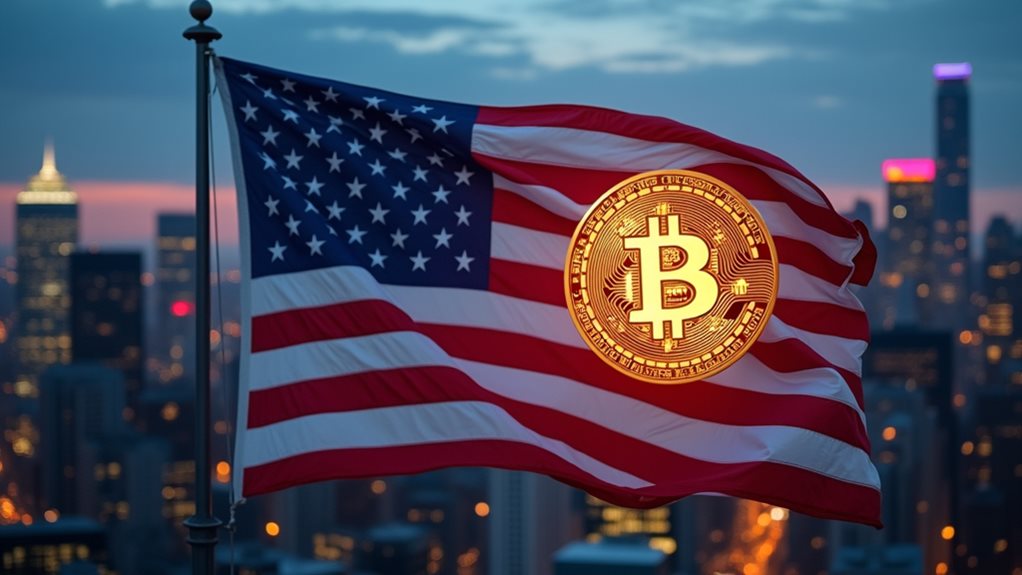JD Vance’s declaration that “Operation Chokepoint 2.0” is over has freed the crypto industry from regulatory exile. Banks are finally re-engaging with digital asset companies after years of forced separation. Major Bitcoin miners like MARA pumped nearly $2 billion into the U.S. economy in 2024. Legacy financial institutions are restoring payment services and credit facilities they previously cut off. The end of this banking blockade signals a new era for crypto innovation and growth ahead.

After years of regulatory suffocation, the crypto industry is finally catching a break. JD Vance and other lawmakers are signaling the end of what many called “Operation Chokepoint 2.0” – the federal banking agencies‘ informal campaign to strangle crypto firms by cutting off their banking lifelines.
The whole thing was pretty ruthless, honestly. Banks were basically told to dump their crypto clients or face regulatory heat. Digital asset companies couldn’t get basic services like bank accounts, credit lines, or payment processing. It was financial exile, plain and simple. Crypto firms watched as doors slammed shut across the traditional banking world.
Banks dumped crypto clients under regulatory pressure, leaving digital asset companies in complete financial exile from traditional banking services.
But the tide is turning fast. Legacy banks are suddenly willing to play ball with registered crypto businesses again. Payment services are coming back online. Credit and lending facilities that disappeared overnight are slowly returning. It’s like watching a dam break, but in reverse – money and services flowing back instead of rushing away. The spot ETF availability has opened new doors for traditional investors seeking crypto exposure.
The Biden administration’s Office of the Comptroller of the Currency had cranked up the pressure, requiring banks to get special permission before touching anything crypto-related. Compare that to Trump-era guidance that actually let banks handle crypto custody, stablecoin reserves, and blockchain node services. The contrast couldn’t be starker.
Now crypto firms can actually plan for the future without worrying about sudden debanking shocks. Innovation that was choked off by regulatory uncertainty is starting to breathe again. Investment capital is flowing back in. Jobs, startups, and new financial products are all on the table. Major Bitcoin miners like MARA invested nearly $2 billion into the U.S. economy in 2024 alone, demonstrating the sector’s economic impact.
The market is already reacting. Crypto prices are showing volatility as traders digest the regulatory shift. More importantly, institutional investors and retail users are gaining confidence. When you can actually move money in and out without jumping through regulatory hoops, everything changes.
Banks are developing clearer risk management frameworks for digital assets. Compliance is becoming more standardized instead of operating in regulatory purgatory. The supervisory oversight isn’t disappearing entirely, but it’s becoming more transparent and predictable. The previous system led to excessive filing of Suspicious Activity Reports due to banks’ fear of regulatory penalties, creating an inefficient paper trail that buried legitimate concerns.
For crypto firms that survived the chokepoint era, this feels like emerging from a long, cold winter. The question now is how quickly the industry can capitalize on its newfound freedom.









